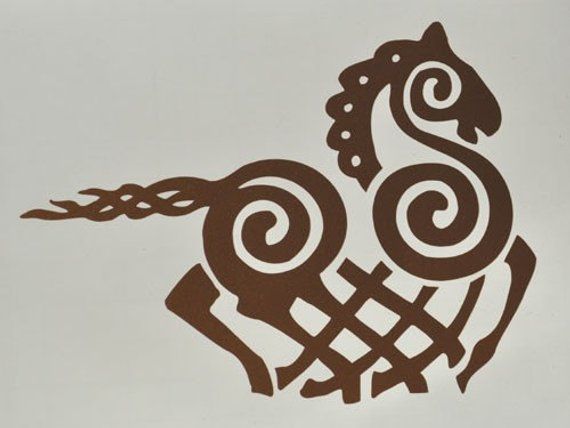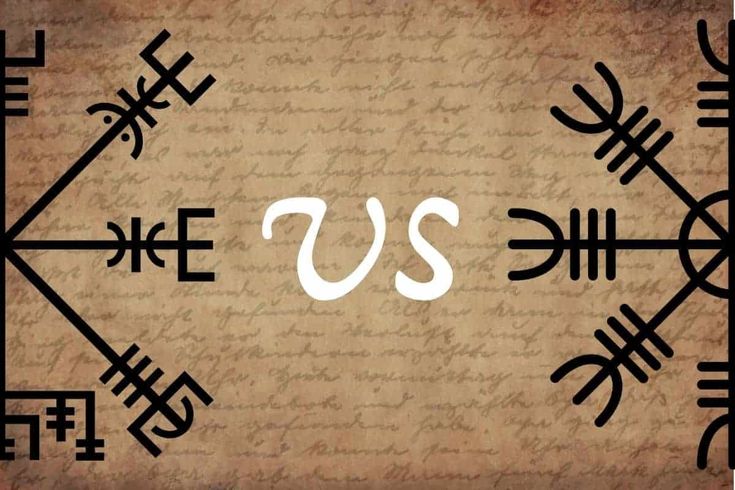
The Legacy of the Viking Age in England
As the Viking Age in England drew to a close, its impact continued to ripple through the nation’s cultural, linguistic, and political fabric. The Norse presence, marked by conquest, settlement, and integration, left an enduring legacy that shaped England's identity and laid foundations for its future.
Cultural Fusion and Societal Transformation
The Viking Age brought a blending of Norse and Anglo-Saxon cultures, creating a unique societal mosaic. Norse craftsmanship, evident in jewelry, weaponry, and shipbuilding, enriched English art and technology. Anglo-Saxon and Norse mythologies and traditions often mingled, influencing folklore and storytelling for centuries.
Religious shifts also occurred during this era. Initially viewed as pagan invaders, many Vikings converted to Christianity over time, integrating into Anglo-Saxon communities. This religious syncretism facilitated the Vikings' acceptance as both settlers and rulers, fostering a shared sense of identity.
Linguistic Contributions
One of the most visible Viking legacies is the impact on the English language. Old Norse, the language of the Norse settlers, blended with Old English, contributing hundreds of words to the modern lexicon. Everyday terms such as sky, egg, law, knife, and husband are Norse in origin.
Place names offer another enduring marker of Viking influence. Towns ending in -by (like Derby and Whitby) and -thorpe (like Scunthorpe) trace their etymology to Old Norse. These names serve as linguistic monuments to the Norse presence in England.
Political and Legal Evolution
The Viking Age played a pivotal role in shaping England’s political landscape. The establishment of the Danelaw introduced new legal systems, which, while eventually supplanted, left lasting impressions. Concepts such as jury trials and communal decision-making in assemblies influenced the evolution of English law.
Moreover, the resistance against Viking incursions, especially under leaders like Alfred the Great, catalyzed a drive toward unification. The need for a cohesive defense and administration spurred the consolidation of Anglo-Saxon kingdoms into a more unified English state.
Economic Growth and Trade Networks
The Vikings were not only raiders but also traders who integrated England into a vast Scandinavian trade network. Ports like York became bustling hubs of commerce, connecting England with the wider Viking world. This increased exchange of goods and ideas accelerated economic development and cultural exchange, enriching both sides.
Historical and National Identity
The Viking Age profoundly influenced England’s sense of identity. The struggles against Viking invaders became central to English historical narratives, fostering a legacy of resilience and unity. Figures like Alfred the Great were immortalized as symbols of determination and ingenuity, inspiring future generations.
Conversely, the integration of Norse settlers into English society added a layer of complexity to this narrative, highlighting themes of coexistence and cultural fusion. This duality shaped how England viewed itself and its place in a changing medieval world.
Modern Echoes of the Viking Age
Even today, the legacy of the Viking Age resonates in England. From archaeological sites to reenactments, the era continues to capture the imagination. Norse mythology and Viking history inspire literature, films, and even business branding.
Regions that once formed part of the Danelaw still celebrate their Viking heritage, hosting festivals and preserving artifacts that tell the story of this transformative period.
A Lasting Legacy
The Viking Age in England was a time of upheaval, adaptation, and transformation. It reshaped the nation, leaving an indelible mark on its language, culture, and governance. While the Viking raids may have begun with violence and plunder, their legacy is one of integration and enduring influence.
As modern England stands, it bears the marks of a Viking past—an era that was not merely an age of invasion but a chapter of profound cultural exchange, forging a foundation upon which much of English identity is built today.














